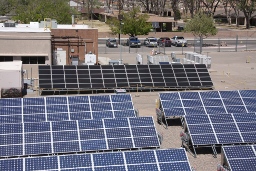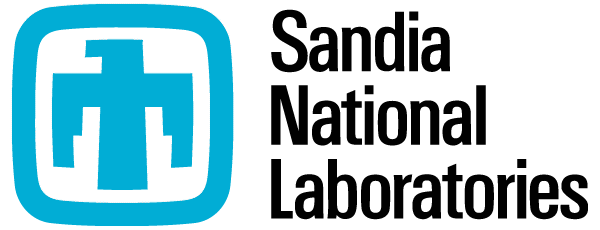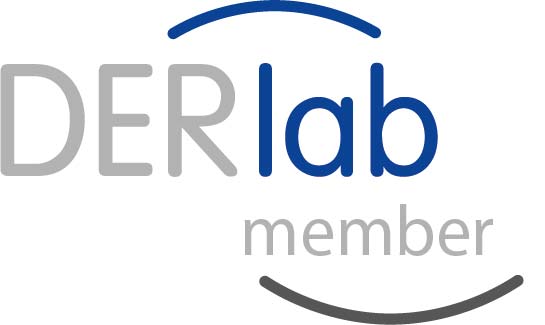 |
Country: USA |  |
||
| Submit Testing/Consulting Request | ||||
Description: Sandia National Laboratories is operated and managed by Sandia Corporation, a wholly owned subsidiary of Lockheed Martin Corporation. Sandia Corporation operates Sandia National Laboratories as a contractor for the U.S. Department of Energy’s National Nuclear Security Administration (NNSA) and supports numerous federal, state, and local government agencies, companies, and organizations.
As a Federally Funded Research and Development Center (FFRDC), Sandia may perform work for industry responding to certain types of federal government solicitations. The solicitation must allow FFRDC participation and meet the requirements of Sandia’s management and operating contract with DOE/NNSA.
A strong science, technology, and engineering foundation enables Sandia’s mission through a capable research staff working at the forefront of innovation, collaborative research with universities and companies, and discretionary research projects with significant potential impact.
Through science and technology, people, infrastructure, and partnerships, Sandia’s mission is to meet national needs in six areas: Nuclear Weapons; Nonproliferation; Homeland Security and Defense; Energy, Climate and Infrastructure Securit; Defense Systems and Assessments; Science, Technology, and Engineering.
Sandia’s Distributed Energy Technologies Laboratory has recently added several capabilities. Low voltage, 0-120V 8 kW and high voltage 60-1100V 100 kW battery simulators were commissioned in 2019. Also, 100 interoperable microinverters were installed for power hardware-in-the-loop simulations. A cyber-power co-simulation environment, called SCEPTRE, was integrated into the lab for adversary-based assessments of virtualized DER communication networks. Schweitzer Engineering Laboratories (SEL) relays have been integrated into hardware-in-the-loop testing for demonstration of adaptive protection. Five grid-forming inverters (ranging from 2 – 100 kVA), SEL MicroGrid Controller RTAC 3555, and programmable high resolution 150 kW/150 kVar RLC load banks were added to the lab.
last updated: 29.10.2019

